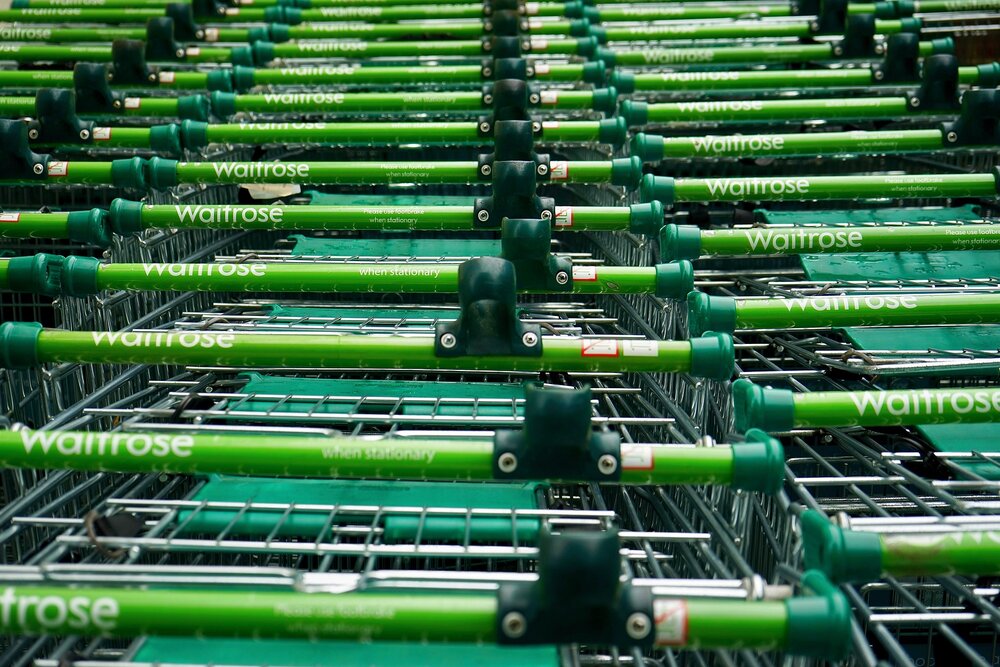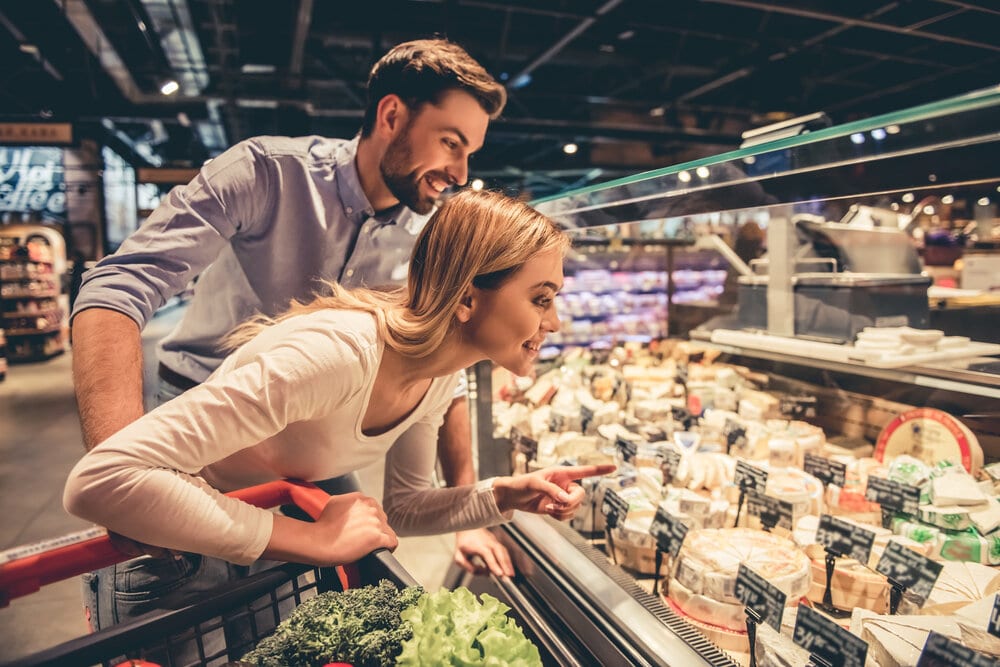As we constantly challenge ourselves to become more sustainable, we’re keen to find innovations to reduce our carbon footprint and switch out old habits, from our daily lives with more environmentally friendly alternatives.
However, it’s not just consumers that are riding the sustainability bandwagon. Supermarkets are constantly introducing new initiatives to reduce their impact to the environment.
Thus, as consumers, we can make smarter choices on where we shop and support these initiatives that align with our greener objectives.
With this in mind, Leisure Lakes Bikes highlights what to look for in supermarkets that can align with your sustainable goals.
Reduce greenhouse gas emissions

One of the biggest contributors to climate change is greenhouse gas emissions.
The consumer group Which? compiled the first supermarket sustainability table by examining accurate data from annual reports to measure how supermarkets compare when it comes to eco-friendliness.
The table showcases organisations that are operating the most in an environmentally friendly way and from what is shown, Lidl are doing the most to keep their emissions low.
From using energy more efficiently to switching to low-carbon and renewable fuels, Lidl and other supermarkets are reducing their greenhouse gas emissions.
Welcoming EVs
One innovation being done by the likes of Tesco is adopting electric vehicles. They’re also encouraging their consumers to do the same.
Tesco has become the first UK supermarket to use electric delivery lorries as a way to optimise their delivery system so it’s become more eco-friendly.
Research has found that battery-powered HGVs can compete with diesel lorries.
Currently, Tesco has two 37-tonne battery-powered DAF lorries that are running throughout their supply chain, transporting food and goods from Cardiff to Newport.
By obtaining over 2,000 electric trucks, Tesco has pledged to make its delivery service “fully electrified by 2028”.
As well as an EV delivery system, supermarkets across the nation are battling to become the number one destination for EV drivers.
Tesco has at least one EV charger installed at each of its 455 UK stores, the majority of which can charge at 7 kW and their are a few stores boasting higher voltage chargers.
While Morrisons are providing rapid charging points throughout its stores, 50 kW chargers have been made available across 200 of their stores and Waitrose are planning to install 800 charging stations across its stores by 2025.
With supermarkets installing EV chargers across their stores, they’re also encouraging their customers to use more sustainable modes of transport such as e-bicycles and cars.
Tackling Plastic
Each year, 56.5bn units of single-use plastic packaging are sold in the UK, and Greenpeace estimates around 99% of plastic packaging is made from fossil fuels.
Fortunately, major supermarkets across the country are beginning to wake up to the damage plastic has to the environment.
As a result, they’re increasing their recycling efforts. According to Which? supermarket sustainability table, Waitrose has the best plastic intensity score, whilst Iceland has the worst.
It turns out that buying 20 typical items in Iceland can result in using 73% more plastic packaging than doing so at Waitrose.
That’s why a lot of supermarkets like Co-op who are leading the way, are investing in recyclable packaging.
They’ve deemed that 94% of their own-brand plastic bags are recyclable at home, with the remaining are recyclable in-store.
Refill Stations
Supermarkets are also investing in refill stations, which provide consumers dry goods such as cereals, grains, nuts, pasta and rice, as well as household and personal care products like handwash, shampoo and washing-up liquid.
The environmental focus has even led to supermarkets joining forces with a mutual objective of reducing plastic waste.
CHEP, M&S, Morrisons, Ocado, Waitrose & Partners have all released positive statements regarding it.
All supermarkets have set an objective by 2025, that their plastic packaging should be 100% reusable, recyclable or compostable.
Tackling Food Waste
Another major problem we’re facing across the country is food waste, however supermarkets have been taking major steps to combat it.
They’re instead managing it by sending it off for anaerobic digestion (AD), which turns the food into biogas and compost.
According to Which? there are fortunately no supermarkets in UK that are sending their food to landfill.
Currently, Ocado has the best food waste intensity score, as for every kilo of food bought, just 0.4g of it goes to AD. At Aldi, Co-op, and Lidl, around 10g of food is wasted for every kilo of food bought.
As well as that, supermarkets have contributed to foodbanks across the country, which has proven to be the most sustainable way of dealing with food waste.
This is an initiative that Tesco and Ocado are embracing. M&S on the other hand, have donated 4 million meals to charity since 2015.
Supermarkets have also begun to remove the ‘best before’ labels on some of their products, as there are plenty of products that can still be safe to eat afterwards. Instead, they’re encouraging customers to use their own judgement.
Two years ago, Morrisons became the first supermarket to remove the ‘best before’ dates on its own brand fresh milk, which they deemed to be one of the most wasted items, along with selling it in a carbon-neutral carton.
Co-op, Ocado and Tesco sprang on with a similar innovation of ridding their ‘best before’ dates on their products, such as yoghurts.
Research by the Waste & Resources Action Programme (WRAP) shows that half of the yoghurts bought by six million people per day in the UK are thrown away unopened, mainly because of not being consumed in time.
WRAP’s chief executive provided his insight saying, “research has showed that getting rid of best before dates on fresh fruit and veg can help reduce the amount of food we throw away from our homes by a staggering 50,000 tons a year.”
In conclusion, making steps to become more sustainable can begin with your supermarket and where you choose to shop, which can help you reduce your carbon footprint.
Supermarkets have embraced various green initiatives to reduce their carbon footprint, waste generation, and energy consumption.
As consumers, even bringing reusable bags home can allow us to contribute to sustainability as well as purchasing eco-friendly products, using environmentally fo
